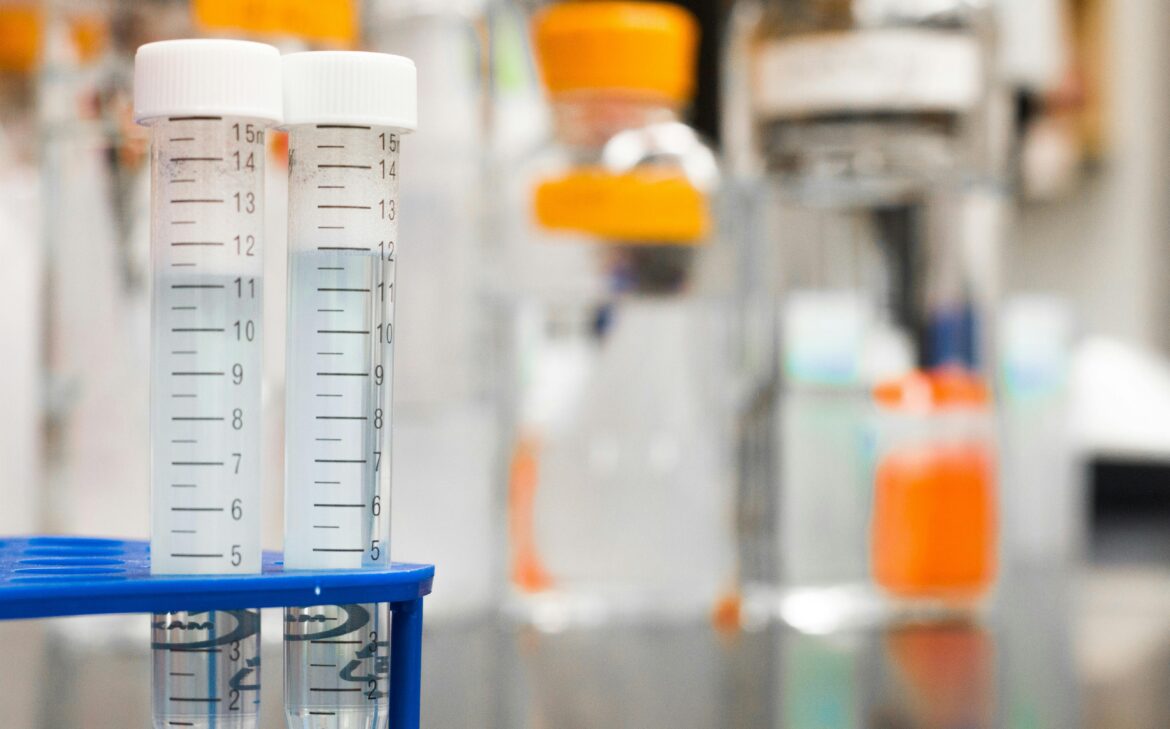Does Alcohol Show Up On A Drug Test For Work? Authentic Facts
Workplace drug testing is prevalent in a wide range of industries. It may include transportation, construction, and healthcare. However, the most important thing is whether these tests include alcohol that is legally prohibited.
This blog article will discuss whether alcohol appears on a drug test for work, methodologies, what employees should be aware of about alcohol testing and possible rehab programs available.
Understanding Workplace Drug Testing
A drug test uses a biological sample (such as blood or urine) to detect the presence or absence of a legal or illicit substance. Drug tests are ordered and administered in a variety of locations using a range of methods.
Drugs include legal substances like alcohol and illegal narcotics. A single drug test cannot determine the frequency or severity of substance use, making it impossible to distinguish between casual and disordered substance use.
Your body metabolizes (breaks down) various substances at different rates. Therefore the timeframe for detecting certain drugs in your system can be extremely specific and vary greatly from substance to substance.
Does Alcohol Show Up On A Drug Test For Work?
Does alcohol show up on a drug test for work? If you’re wondering if you’ll pass an exam after drinking, the better question is: how long does alcohol stay in your system? Continue reading to see how long it takes to detect alcohol using various tests.
Breath Tests
The most typical approach for law enforcement to test for alcohol is with a breath test, which can detect it up to 24 hours after ingestion. So, if you had a drink at lunch and then drove, you could still be test positive.
Breathalyzer devices measure the amount of alcohol breathed through the breath and produce fast findings. They are often utilized for on-site testing and post-accident inspections.
Urine Tests
Urine tests for alcohol are:
- Ethanol pee test: This test detects ethanol (alcohol) in urine. Because ethanol is quickly cleared from the body, these tests can only detect the most recent usage.
- Urine test for ethyl glucuronide (EtG), an alcohol metabolite. Although EtG tests typically have a detection window of 24 to 72 hours, the metabolite can be found up to 80 hours after alcohol consumption, particularly with severe drinking.
- Etyl sulfate (EtS) urine test: EtS is a metabolite. EtS urine tests often guarantee accuracy only within the first 24 hours. But, like EtG, EtS can be identified in urine about 80 hours after severe alcohol use.
Blood Tests
Blood tests are slightly more accurate and can identify alcohol up to 24 hours after ingestion. So, if you drank a glass of wine at dinner yesterday night and are pulled over in the morning, the blood alcohol content will most likely still show up on tests.
This sort of test is most commonly used in emergency situations. It is also commonly used to detect alcohol (ethanol) levels since it can offer precise readings.
Saliva Tests
Saliva tests detect recent alcohol consumption, typically within the last 24 hours, and are quick and painless. They are ideal for random or post-accident testing. They are less invasive than blood tests and can be utilized in businesses.
What Employees Need To Know?
As an employee, you must understand your rights and duties regarding to alcohol testing:
- Know Your Company’s Policy: Each company has its own drug and alcohol testing policy. If your employer performs alcohol tests, you should understand when and how they will be conducted. And also the repercussions of a positive test.
- Understand Your Rights: Employees have specific rights regarding workplace drug and alcohol testing. Employers must comply with alcohol testing with federal and state rules.
- Alcohol With Prescription Medicine: It’s also worth noting that some prescription medicines contain alcohol. For example cough syrups or pills used to treat anxiety or sleep disorders. If you are taking a prescription medicine that contains alcohol, you should notify your employer before testing.
- Addressing Alcohol Use: If you are battling with alcoholism, it is critical that you seek help before it has an influence on your job performance. By receiving help proactively, you may be able to avoid the penalties of a failed alcohol test and keep your job.
Help From Inpatient Rehab Centre
Employees who test positive for alcohol can benefit greatly from inpatient rehab center. It helps them get back on track. We offer following rehab programs in such situation:
Inpatient Rehab
Inpatient rehab, often known as residential treatment, requires patients to stay at a facility for a set period of time. It can range from 28 to 90 days depending on the program. These are intense, structured environments for those who have severe alcohol use problems
Outpatient Rehab
Outpatient rehab allows people to receive therapy while going about their daily lives. It may include employment and family duties. These programs range in severity. Some people need daily involvement and others simply a few sessions each week.
Intensive Outpatient Programs (IOP)
IOP are more time-consuming and provide a higher degree of care . They are intended to provide complete care while allowing people to live at home and continue working.
Partial Hospitalization Program (PHP)
Partial Hospitalization Programs (PHP), commonly known as day treatment, are an option for those who need a high level of care. They don’t require constant supervision. Participants often spend the day at the treatment facility before returning home in the evenings.
Ending Note
Alcohol can indeed show up on a drug test for work. Breath, urine, blood, and saliva tests can all detect alcohol but their detection windows vary. Employers and employees alike need to be aware of workplace alcohol testing policies.
As an employee, understanding your rights and responsibilities regarding alcohol testing. It is a key to maintaining a healthy, safe, and productive work environment.
If you or someone in your workplace is struggling with alcoholism, we are here for your help. Feel free to contact us!

